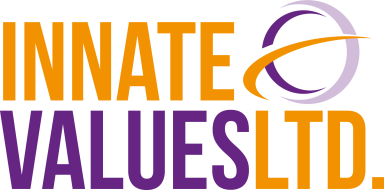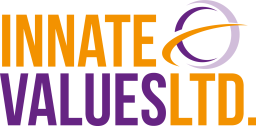Fields of Expertise (see publications and experiences)
Economics of water resources and drinking-water, sanitation and hygiene (WASH)
Examples of previous work include:
- Global and national evaluations of the cost-benefit and cost-effectiveness of WASH
- Global and national cost assessments of meeting the MDG and SDG WASH targets.
- Evaluation of the economic impacts of inadequate sanitation and hygiene in over 50 countries.
- Affordability monitoring and assessments.
- Global investment case for cholera control.
- Investment case for WASH in healthcare facilities in Africa.
Financing of water resources and drinking-water, sanitation and hygiene (WASH)
Examples of previous work include:
- Leading global initiatives on finance for the World Bank and UNICEF.
- Chairing the Sanitation and Water for All working group on Systems and Finance.
- Developing a global multi-agency guideline on how to develop a WASH finance strategy.
- Lead author on the Africa Water Investment Programme (AIP) High Level Panel (HLP) report on how to mobilise an additional US$ 30 billion per year.
- Developing training courses on public finance and private finance.
Systems strengthening measures for water resources and drinking-water, sanitation and hygiene (WASH)
Examples of previous work include:
- Leading systems development work in over 100 countries.
- Conducting monitoring of national progress and analysis of lessons learned.
- Publishing guidelines and training agency and government staff.
- Developing and implementing the WASH Bottleneck Analysis Tool in over 50 countries.
- Contributing to the UN-Water GLAAS monitoring initiative.
Services Offered
We cover a wide array of technical areas that ultimately lead to better decision-making and impactful implementation of new policies.
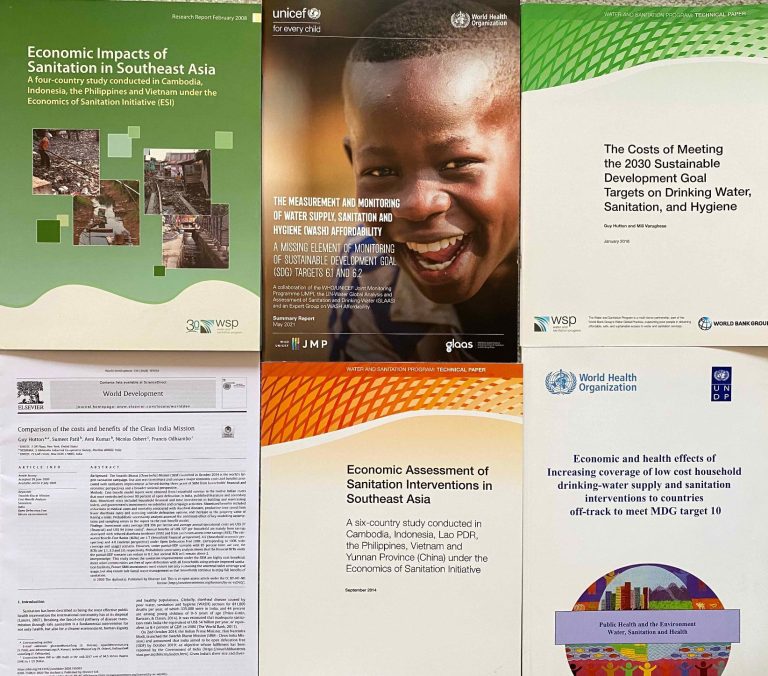
Research, Evaluation and Analysis
A range of research and analytical tools are deployed to generate the necessary evidence to bring a greater understanding to a topic. In particular, tools include impact evaluation, cost-benefit analysis, cost-effectiveness analysis, cost assessment and bottleneck analysis. Literature reviews are a critical first step to understand the quality of existing evidence.
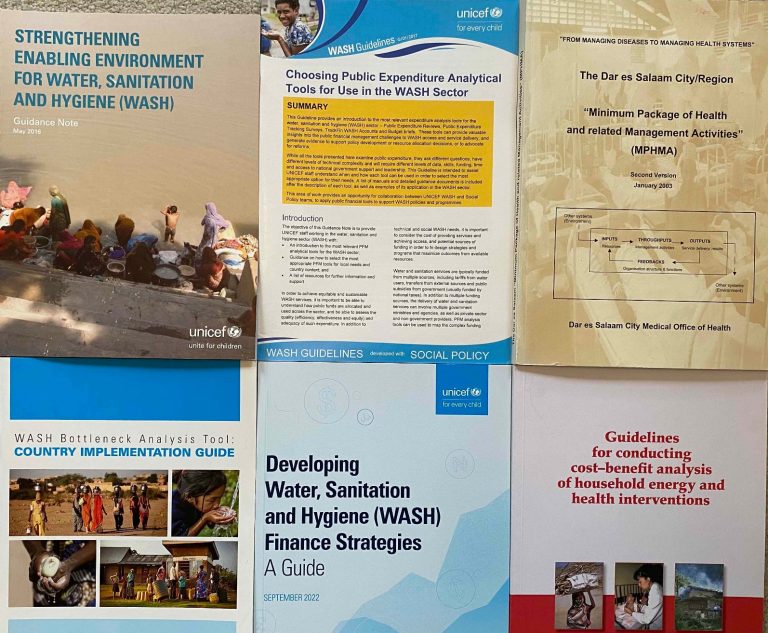
Developing Guidelines and Policy Support
Evidence is interpreted according to each context to provide policy advice. A theory of change (and theory of action) are applied to understand how impact can be achieved. Guidelines enable a step-by-step understanding on a topic or a methodological approach, and support its use by other practitioners.
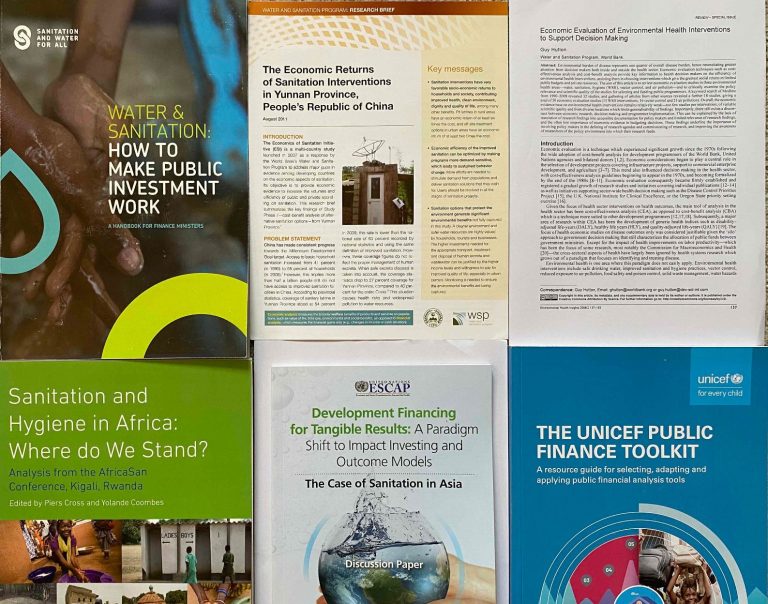
Advocacy, Learning and Knowledge Management
Policies should not be designed or implemented without key stakeholders or constituents understanding the importance of the advocated changes. Knowledge needs to be transferred to all those that affect a decision, and key learnings collected. Efficient management of knowledge is key to ensuring the best evidence is compiled and used for implementing change.
We need your consent to load the translations
We use a third-party service to translate the website content that may collect data about your activity. Please review the details in the privacy policy and accept the service to view the translations.
